Key Moments In Brain Research
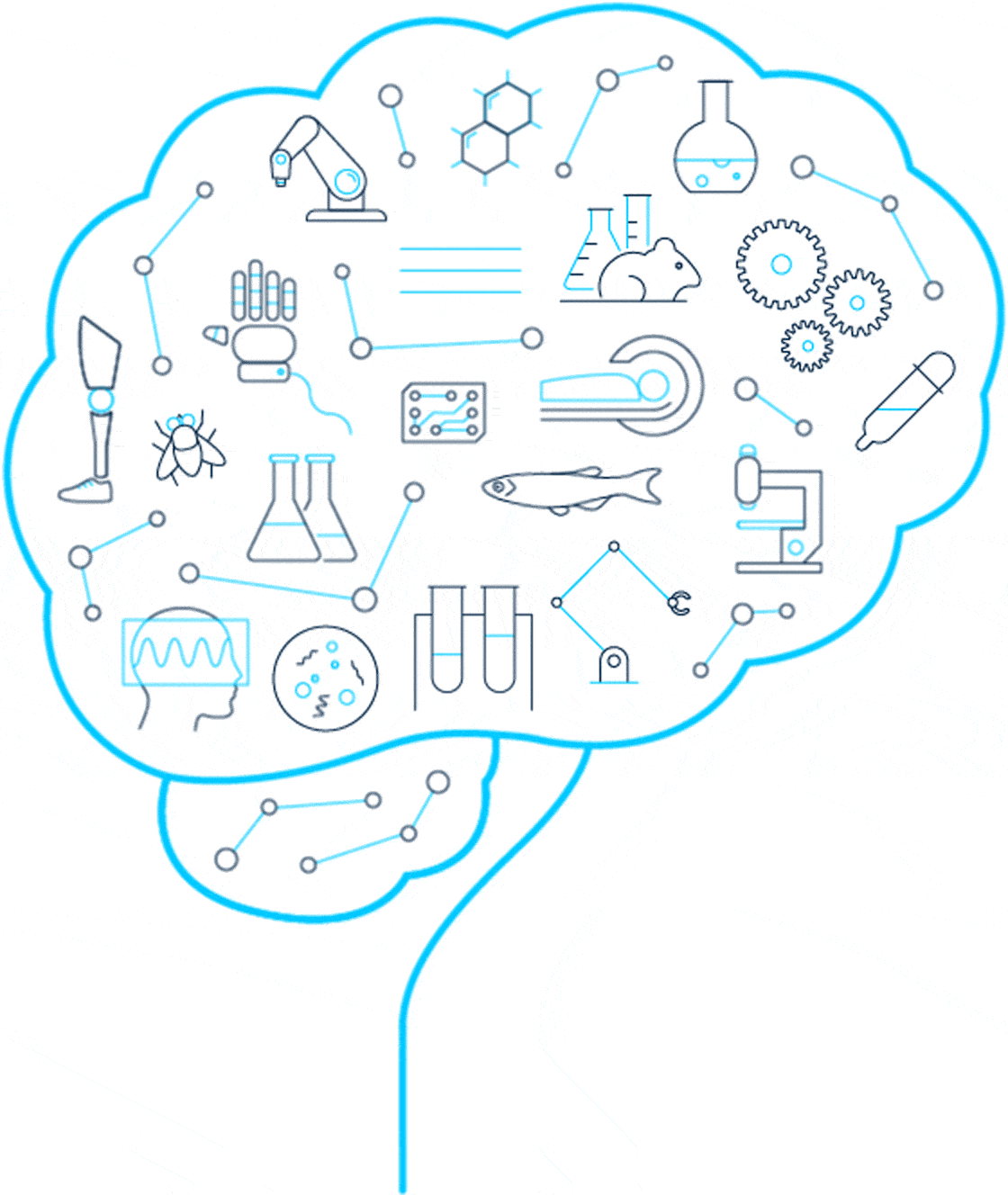
Key Moments In Brain Research
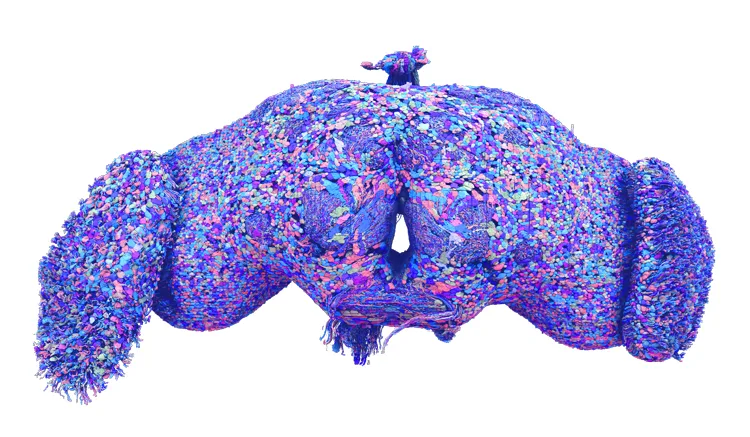
A scientific team supported by the National Institutes of Health (NIH) unveiled the first complete map of the neural connections of the common fruit fly brain. The map provides a wiring diagram, known as a connectome, and is the largest and most complete connectome of an adult animal ever created. This work offers critical information about how brains are wired and the signals that underlie healthy brain functions. The study, which details over 50 million connections between more than 130,000 neurons, appears as part of a package of nine papers in the journal Nature.

Congressional Neuroscience Caucus, in partnership with members of the BIA, hosted an in-person Congressional briefing highlighting 10 years of BRAIN Initiative funding.
Scientists unveil complete cell map of a whole mammalian brain. This NIH-funded atlas characterizes over 32 million cells across the mouse brain.
BRAIN Initiative scientists build largest maps to date of cells in human brain.
Congressional Neuroscience Caucus, in partnership with members of the BIA, hosted an in-person Congressional briefing highlighting the groundbreaking research carried out by BRAIN.
The 9th Annual BRAIN Initiative Meeting marked the first meeting since 2019 to include an in-person component.
Congress passes budget bill: NIH BRAIN Initiative receives $60M in additional funds for fiscal year 2023.
NIH BRAIN Initiative launches projects to develop cell atlases and molecular tools for cell access.
American Brain Coalition (ABC), in partnership with other BIA members, hosted a virtual briefing in cooperation with the Congressional Neuroscience Caucus on the importance of neuroethics.
Cell by cell, scientists are building a high-resolution map of brain changes in Alzheimer’s disease.

NIH BRAIN Initiative Cell Census Network (BICCN) unveiled an atlas of cell types and an anatomical neuronal wiring diagram for the mammalian primary motor cortex, derived from detailed studies of mice, monkeys, and humans.


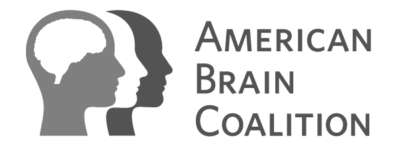


BRAIN Initiative Alliance launches a new section of the website to disseminate tools and technology from BRAIN scientists – the Toolmakers’ Resources and associated newsletters.
Seventh set of NIH-funded BRAIN Initiative awards are announced.
MICrONS Explorer launched. This website serves as a data portal to release connectivity and functional imaging data collected by a consortium of laboratories led by groups at the Allen Institute for Brain Science, Princeton University, and Baylor College of Medicine, with support from a broad array of teams, coordinated and funded by the IARPA MICrONS program.
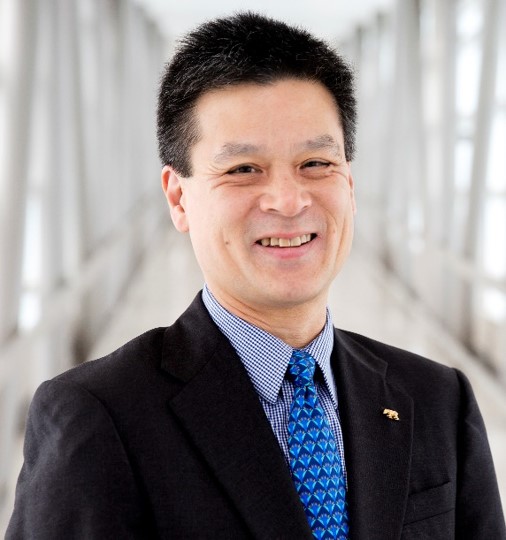
NIH Director, Dr. Francis Collins, accepts the ACD endorsed BRAIN 2.0 reports.
Sixth set of NIH-funded BRAIN Initiative awards are announced.
Co-Chairs of the BRAIN Initiative Working Group 2.0 and BRAIN 2.0 Neuroethics Subgroup present their final reports to the NIH ACD.
Presidential Early Career Awards for Scientists and Engineers (PECASE), the highest U.S. government honor for scientists and engineers beginning research careers, recipients include BRAIN Initiative scientists and administrators.
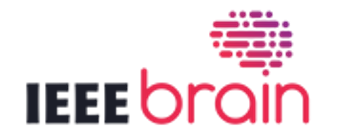
NSF selects Joanna Tornow to head its Biological Sciences directorate.
Co-Chairs of the BRAIN Initiative Working Group 2.0 share their initial feedback regarding the current state of BRAIN with NIH ACD.
NIH BRAIN Neuroethics Working Group releases Neuroethics Guiding Principles and NIH BRAIN Institute/Center Directors provide neuroethics commentary in the Journal of Neuroscience.
Fifth set of NIH-funded BRAIN Initiative awards are announced.
NIH BRAIN Initiative Cell Census Network (BICCN) issues its first data release – cell census of mouse motor cortex.
NIH forms a new Working Group of the Advisory Committee to the NIH Director (ACD), who will provide scientific guidance to the ACD on how best to accomplish the ambitious vision for the BRAIN Initiative, considering the current state of neuroscience.
President signs the Omnibus Appropriations Bill that provides an additional $140 million to support the NIH BRAIN Initiative.
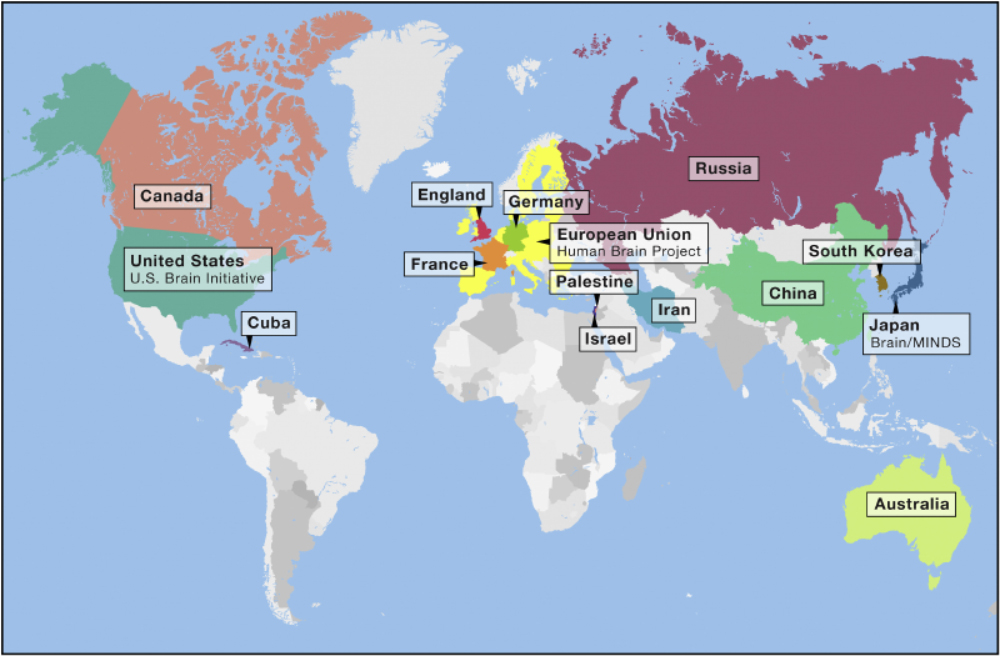
In early December 2017, at a meeting hosted by the Australian Academy of Science, representatives from the world’s major brain projects made a formal declaration to establish an International Brain Initiative. By coordinating their efforts globally, neuroscientists can speed up progress on ‘cracking the brain’s code.’
NIH announces awards for BRAIN Initiative neuroethics research.
Allen Institute for Brain Science awards ~$100 million to lead global collaborations that will build comprehensive atlases of brain cell type.
NIH BRAIN Initiative launches cell census.
Fourth set of NIH-funded BRAIN Initiative awards is announced.
NSF issues awards to advance a national research infrastructure for neuroscience.

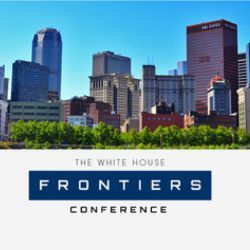
White House hosts a conference at Carnegie Mellon University that focuses on building U.S. capacity in science, technology, and innovation, and the new technologies, challenges, and goals that will continue to shape the 21st century and beyond. Research from the BRAIN Initiative is discussed alongside the Precision Medicine Initiative for its potential to drive innovation in health care.
Third set of NIH-funded BRAIN Initiative awards is announced.
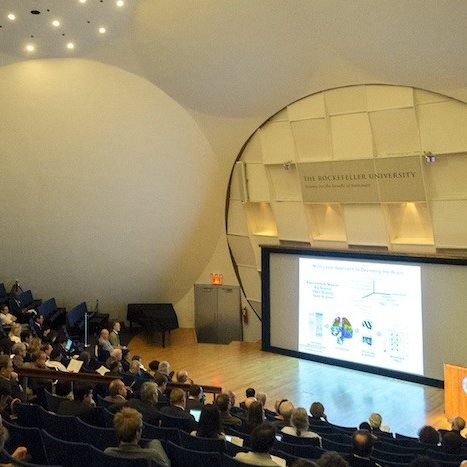
The International Brain Initiative is announced at the United Nations General Assembly meeting in New York. This announcement was made possible through a series of workshops including an April 2016 meeting at JHU and an NSF/Kavli workshop at Rockefeller University in Sept. 2016 which brought together 400 scientists, government and funding agency representatives, and private companies and foundations to begin a dialogue on international collaboration across large-scale brain projects.
Allen Brain Observatory is launched.
Johns Hopkins University hosts NSF-Kavli Global Brain Workshop. 60+ international scientists and 10+ observers from national, private, and foundations discussed top challenges in neuroscience.
New Kavli neuroscience institutes are established at the Johns Hopkins University, The Rockefeller University and the University of California, San Francisco.
Second set of NIH-funded BRAIN Initiative awards is announced.
NIH establishes Neuroethics Division. The division will recommend overall approaches for how research programs like the NIH BRAIN Initiative might handle issues and problems involving ethics.

Allen Cell Types Database first released.

White House Releases BRAIN Initiative Fiscal Year 2016 Fact Sheet. The Office of Science and Technology Policy and the White House outline the President’s 2016 Budget to propose increased funding for the BRAIN Initiative. The Fact Sheet highlights contributions of major foundations and private research institutions, as well as funding estimates for federal agencies – many of which are BIA members.
NSF funds novel gene editing technique, CRISPR.
Allen Mouse Brain Atlas first data released.
First BRAIN Initiative investigators meeting held at Society for Neuroscience Meeting (Washington, DC).
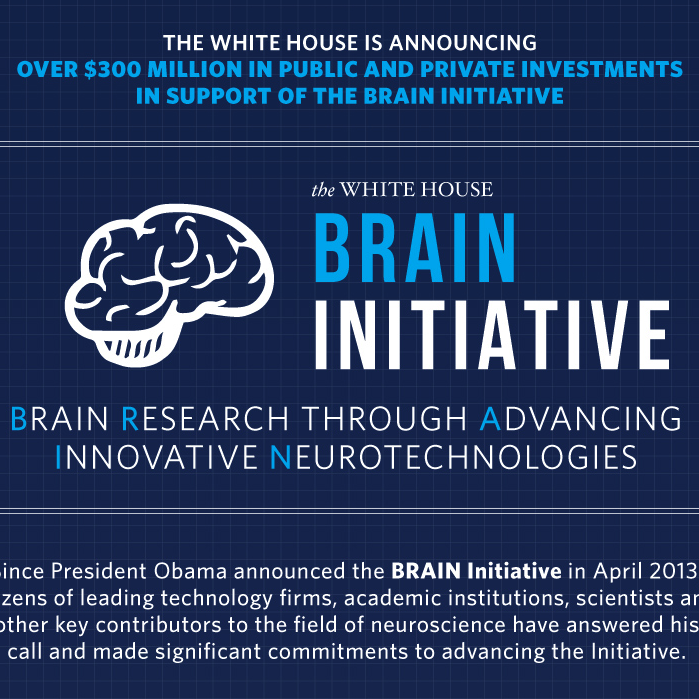
White House Releases Infographic describing the bold new research effort to revolutionize our understanding of the brain. This infographic outlines the contributions of federal agencies and foundations and private research institutions in the first year of the BRAIN Initiative, following its announcement in April 2013.
First set of NIH-funded BRAIN Initiative awards announced.
Simons Foundation launches Simons Collaboration on the Global Brain.
NIH releases BRAIN 2025: A Scientific Vision report to describe approach to the Initiative.
Kavli and partners initiate Neurodata Without Borders to break down the geographic, institutional, technological and policy barriers that impede the flow of neuroscience data to the community.
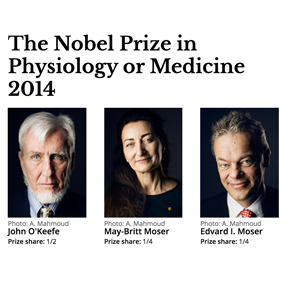

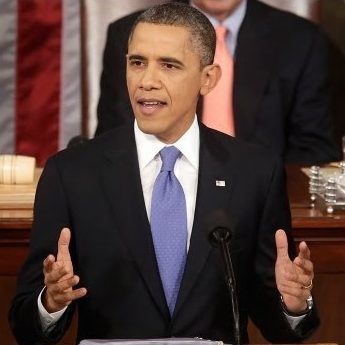
The Simons Center for Data Analysis (SCDA; now Center for Computational Biology, CCB) is established.
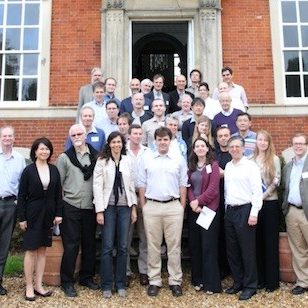
Allen Human Brain Atlas first data released.
Allen Mouse Brain Atlas first data released.
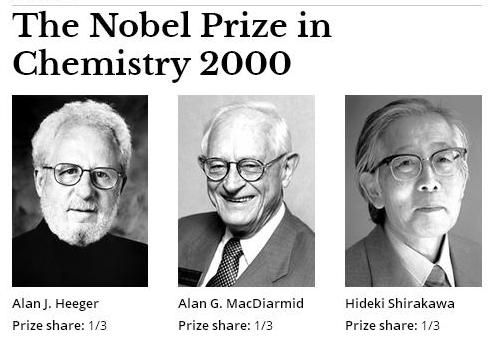
Marilyn and Jim Simons co-found the Simons Foundation.
fMRI: A non-invasive technique for measuring and mapping brain activity.
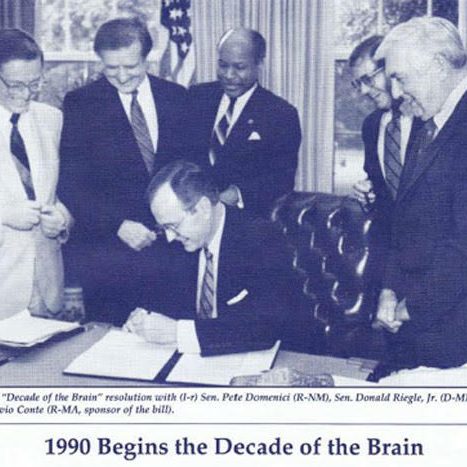
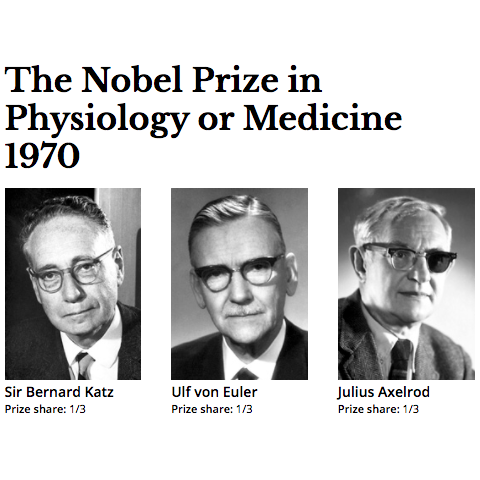
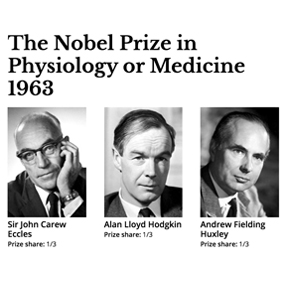
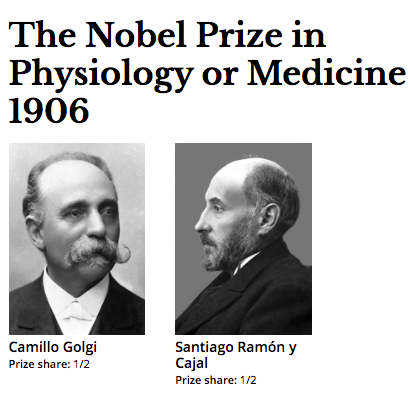
Electrophysiology: A technique for understanding how nerve cells send electrical signals.



 BRAIN
BRAIN Historical Event
Historical Event